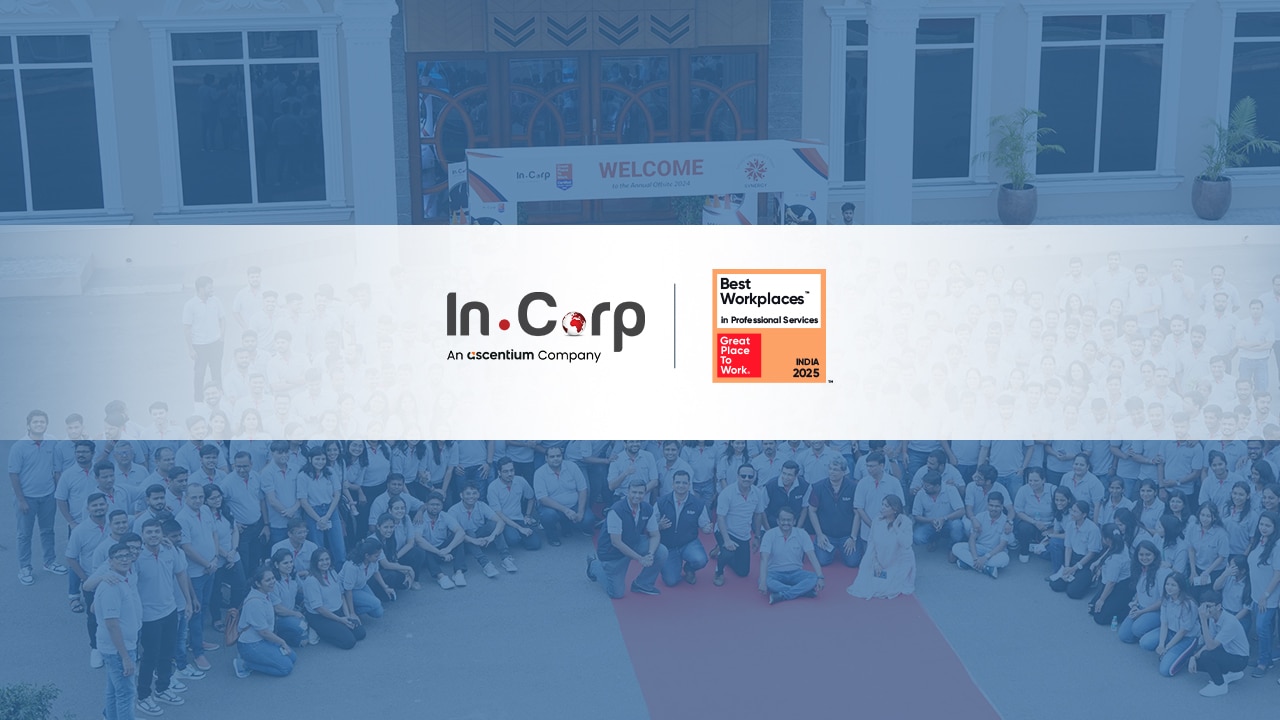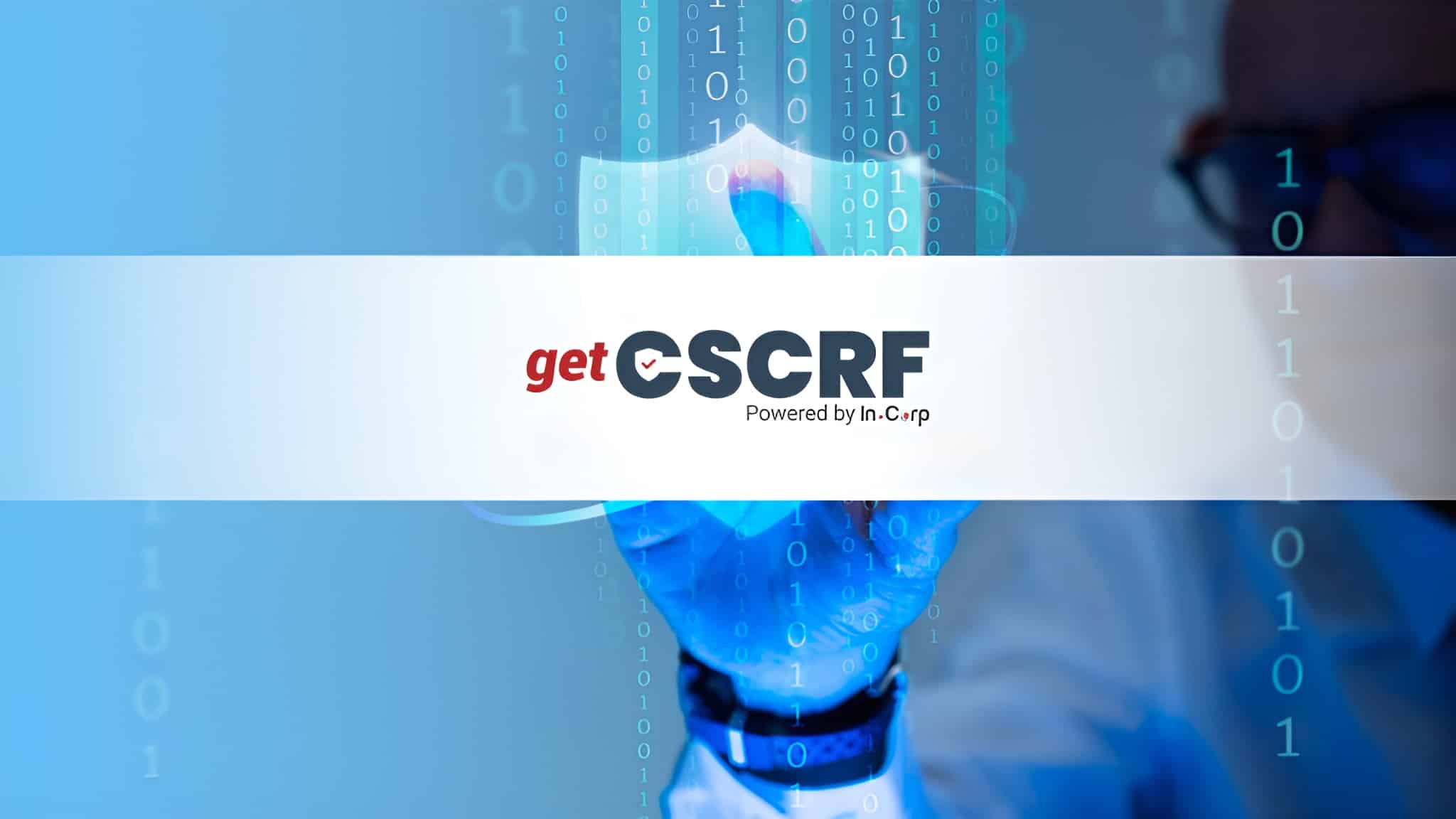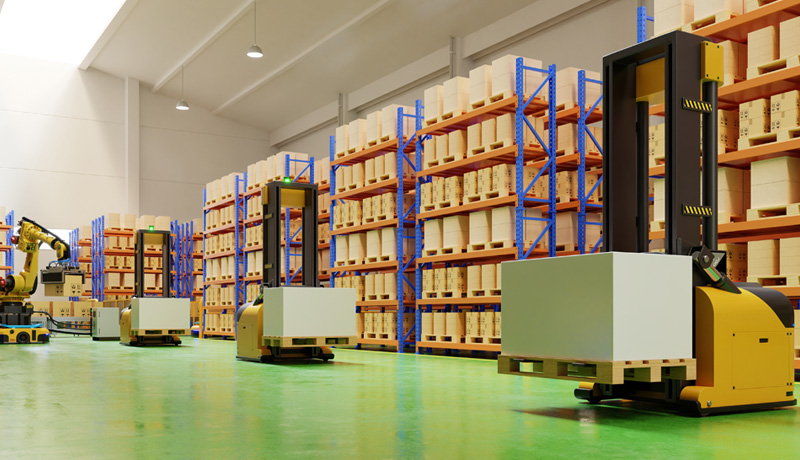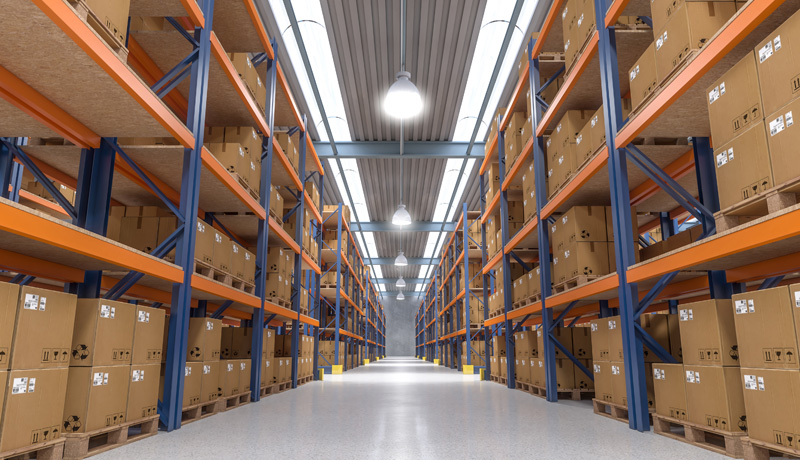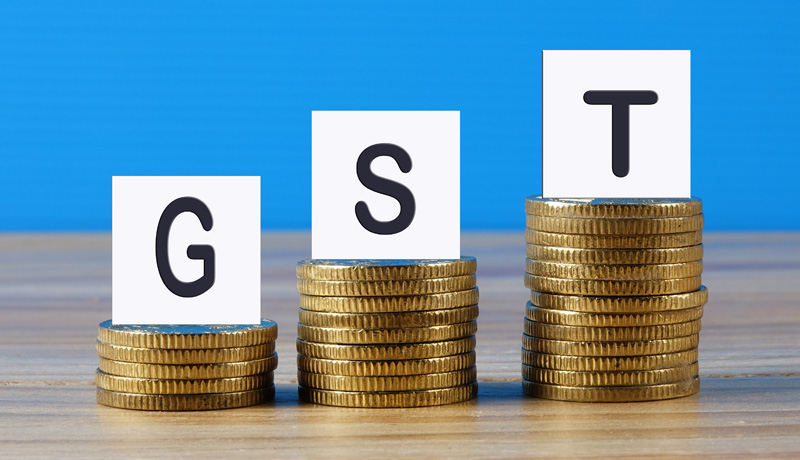GST on Renewable Energy Sector
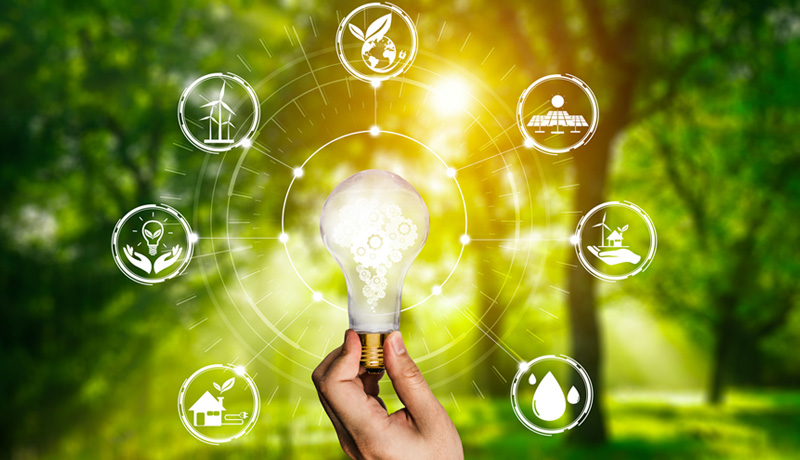
GST on Renewable Energy Sector
GST Rates applicable for renewable energy devices: Know all about supplies, important rulings and how to claim Input Tax Credit
- Authors
- Last Updated
- Tags
- Last Updated
- Tags
Share
Table of Contents
- Authors
- Last Updated
- Tags
As per the latest statistics made available by the Ministry of New and Renewable Energy (MNRE), India has a total installed renewable energy capacity of 103.05 Gigawatt as of 31st October 2021. Ministry themselves have set an ambitious target of expanding the capacity to 175-Gigawatt capacity by 2022. Prime Minister Narendra Modi has set the national target of non-fossil energy capacity agreed at COP26 Climate Summit in Glasgow from 450 Gigawatt to 500 Gigawatt of renewable energy to be achieved by 2030. The various sources of renewable energy that contribute to this are:
| Type | 2021 (existing) | 2022 (proposed) | 2030 (proposed) |
|---|---|---|---|
| Solar energy | 47.66 GW | 100 GW | 500 GW |
| Wind energy | 39.99 GW | 60 GW | |
| Biopower | 10.58 GW | 10 GW | |
| Small hydro | 4.82 GW | 5 GW | |
| Total | 103.05 GW | 175 GW |
Supplies Of Renewable Energy Devices
Renewable energy supplies can be classified as either a supply of renewable energy devices and parts for their manufacture or a composite supply of these goods and their installation services.
The renewable energy devices refer to the following:
| Goods under Chapter 84, 85 or 94 | Services under Chapter 99 |
|---|---|
| Biogas plant | Construction services,
Engineering services, Installation services and Other technical services provided in relation to these goods. It also includes maintenance services |
| Solar power-based devices | |
| Solar power generator | |
| Windmills, Wind Operated Electricity Generator (WOEG) | |
| Waste to energy plants/devices | |
| Solar lantern / solar lamp | |
| Ocean waves/tidal waves energy devices/plants | |
| Photovoltaic cells, whether or not assembled in modules or made up into panels | |
| Such other goods that may be used | |
| Renewable Energy Certificates |
GST Rates Applicable for Renewable Energy Devices
GST on such renewable energy devices is applicable as below:
| Type of supply | 01/07/2017 – 31/12/2018 | 01/01/2019 – 30/09/2021 | 01/10/2021 – till date |
|---|---|---|---|
| Goods falling under Chapters 84, 85 or 94 | 5% | 5% | 12% |
| Any other goods | Applicable GST rates | ||
| Pure Services | 18% | ||
| Composite Supply (except maintenance services) | 8.90%*
(70% of 5% + 30% of 18%) |
8.90%
(70% of 5% + 30% of 18%) |
13.80%
(70% of 12% + 30% of 18%) |
| Renewable Energy Certificates | 12% | 18% | |
| Composite Supply (maintenance services / AMC) | 18% | ||
*Note 1: The GST rates for the period 01/07/2017 to 31/12/2018 are applicable in terms of the Composite Supply provisions i.e., the GST rate of the principal supply which in this case is the supply of renewable energy devices or parts which is taxed at 5%. However, the 45th GST Council meeting held on 17th September 2021 has explained that it shall be taxed in the 70:30 ratio though the relevant notification is applicable from 01st January 2019. And Circular No. 163/19/2021-GST dated 06/10/2021 states that if the GST paid for this period is higher than the 70:30 ratio then no refunds will be given for the excess tax payment made.
Can you Claim Input Tax Credit (ITC) on the Above Supplies?
Manufacturers of Renewable Energy goods:
Businesses that manufacture renewable energy goods will be eligible to claim ITC as subject to fulfillment of conditions in Section 16 and restrictions in Section 17. Usually, these manufacturers are solely indulged in the manufacture and sale of complete units such as solar panels, wind turbine fans, etc.
Dealers /Contractors of Renewable Energy goods and services:
Businesses engaged in the procurement and installation of Renewable Energy goods and services shall be eligible for claim of ITC. There is a possibility of inversion of input goods and services in this regard, as the effective GST rate for supply is currently 13.80% whereas the procurement of goods not falling under 84, 85, or 94 and individual services may attract higher GST rates.
End customers of Renewable energy goods:
Businesses that obtain or procure renewable energy-related goods or services for their business will be eligible to claim ITC as follows:
A. Factories / Commercial buildings:
In the case of renewable energy units, set-up in factories or commercial buildings for captive generation of electricity, then the restriction of Section 17(5)(c) & (d) of CGST Act, 2017 for construction of buildings will not be attracted as such units can be treated on par with ‘Plant and Machinery’ and not ‘Building’.
B. Sale of captively generated electricity:
In case the captively generated electricity is more than the requirement of the business entity, then any supply of such electrical energy goods is exempt under GST. Hence, common input tax credit incurred for such electricity generation including the ITC on the Renewable Energy units should be reversed in terms of Rule 42 for input goods and services and Rule 43 for capital goods.
C. Generation and sale of electricity:
In the case of businesses involved only in the generation and sale of electricity in the market, then the sale of electrical energy will be considered as the sale of goods as per notification no. 02/2017 dated 28/06/2017. Therefore, in Section 17(3) and Rule 42/43, the input tax credit incurred for such exempt sale shall be reversed accordingly. Hence, such input tax credit incurred will effectively be the cost of the project and will impact the pricing of the electrical energy as well. With the increase in GST rates by 4.9% on composite supply of renewable energy goods, the cost to such businesses for setting up the project has increased further.
D. In all other cases, ITC is eligible for claim as per Section 16 and Section 17 of the CGST Act, 2017.
Therefore, businesses engaged in Renewable Energy can claim input tax credit subject to such restrictions or reversals.
Important Judgments / Rulings On Renewable Energy In GST
- ITC claim and treatment of capitalized Solar Power Plant in the factory:
The ARA held that the solar power plant has to be fastened to the rooftop of the building and would require construction/erection of pillars for the same. Hence, it is ‘permanently fastened to anything attached to the earth’. Further, as per Section 17(5)(d) of the CGST Act, 2017, the solar power plant will be considered an immovable property but would qualify as a ‘Plant and Machinery’ and hence, is eligible for ITC claim under GST.M/s. Pristine Industries Limited – Rajasthan AAR (No.- RAJ/AAR/2021-22/16 dated 13/09/2021)
- Applicability of GST on supply of materials for the manufacture of Wind Operated Electricity Generator (WOEG):
The ARA held that as seen from the Purchase Orders for the purchase of Stator Coil from the buyer and the Generator Supply agreement between their buyer and the end customer are needed to prove that the supply is for the manufacture of WOEG as per Para 11.3 of Circular No.80/54/2018 GST dated 31.12.2018. The onus is also on the Applicant to satisfy themselves that the supply is in the nature of WOEG supply.Comment: This AAR showcases that sufficient proof that the supply is intended for the purpose of WOEG is needed to classify the supply as WOEG and charge a concessional GST rate of 12%.M/s. Coral Coil India Private Limited – Tamil Nadu AAR (No.- TN/40/ARA/2021 dated 30/11/2021)
- Applicability of concessional rates to sub-contractors of solar power generation system:
The Advance Ruling Authority (ARA) of Karnataka had held that the benefit of concessional rates is available to sub-contractors as the notification does not distinguish between contractors and sub-contractors.’ Hence, the concessional rates are applicable to sub-contractors as well provided they are supplying for a solar power generation system.Comment: This ARA’s ruling states that even sub-contractors can avail the benefit of concessional rates. However, proper care and precaution has to be taken in drafting of the contracts. Sub-contractors may also exercise additional safe-guards to ensure that the goods they supply are for construction of solar power generation system only.M/s. Solarsys Non-Conventional Energy Private Limited – Karnataka AAR (KAR ADRG 120/2019 dated 30/09/2019)
- Classification of a Waste To Energy Plant (WTEP) is based on the technical specification and not just the name of the product:
The Advance Ruling Authority (ARA) of Gujrat has held that to classify a product as a WTEP liable to a GST rate of 5% should be based on the technical specifications. Merely because the product has been presented as a WTEP does not qualify it for concessional rates. The product in question uses coal as fuel as stated in their website and the same has been deliberately withheld by the Applicant. Therefore, the applicable GST rate 18%.Comment: The AAR shows that classifying supplies as Renewable Energy devices has to be backed by proper proof and even details such as technical specifications and details disclosed on the websites or other sources which is available to the public will be considered before providing concessional benefit.M/s. Isotex Corporation Private Limited – Gujrat AAR (GUJ/GAAR/R/74/2020 dated 17/09/2020)
Need assistance with GST Compliances?
Share
Share





















